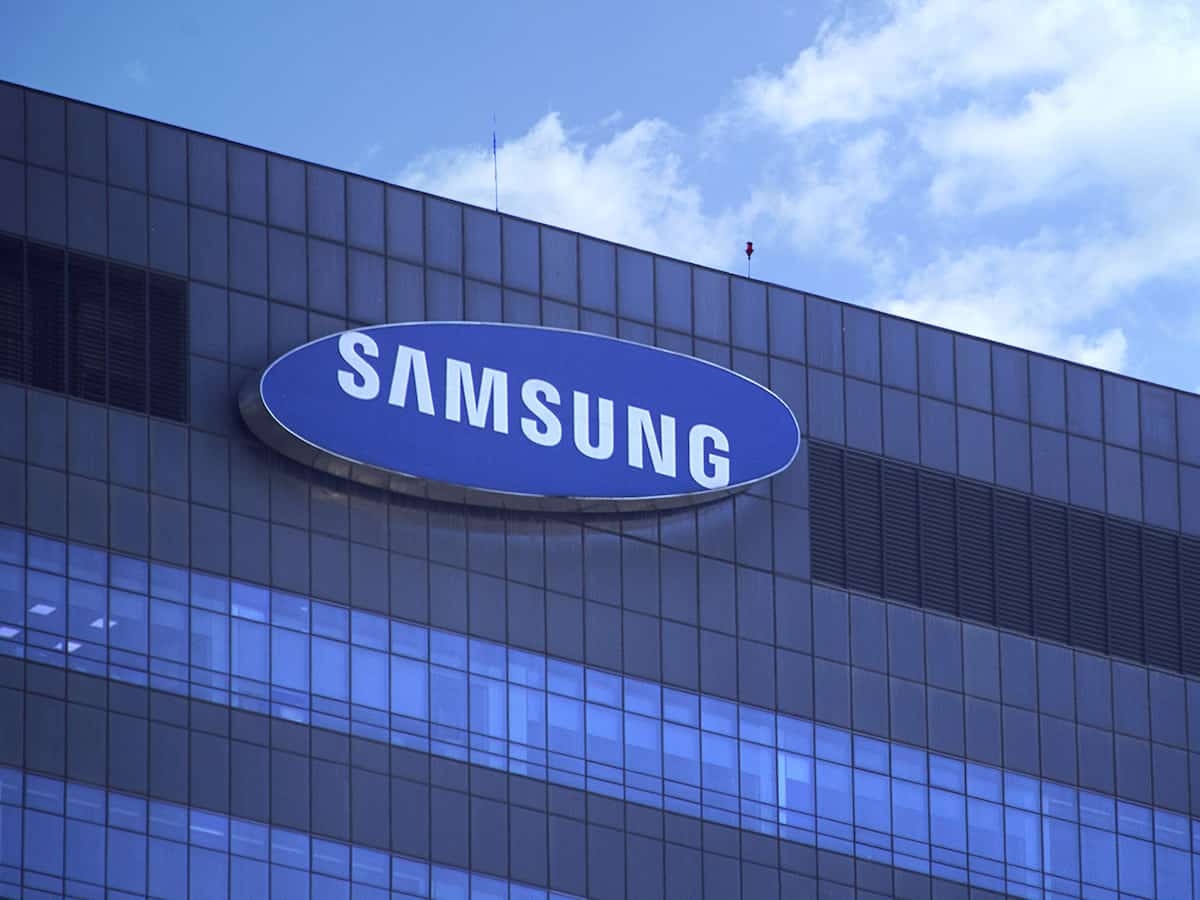
San Jose: As Samsung doubles down on infusing artificial intelligence (AI) into its flagship devices, its research and development team in India has been contributing significantly to create ‘AI phones’ of the future, a top company executive said here on Thursday.
Samsung R&D Institute India – Bangalore (SRI-B), the company’s largest software R&D centre outside South Korea, has been contributing to the development of breakthrough innovations in Galaxy series by closely collaborating with Korean teams and other overseas R&D centres like Samsung Research America (SRA).
The SRI-B engineers have made significant contributions to the development of key features in the Galaxy S24 camera, and language AI.
According to Won-joon Choi, Executive Vice President at Mobile eXperience Business at Samsung Electronics, they have seen significant contributions from the engineers from overseas R&D centres.
“Especially this time around, we have had a big contribution from the Samsung India R&D centre. Their role has been in developing the camera solutions but this time, it was much beyond the camera functions,” Choi told IANS during an interaction here.
He said that the India team has developed solutions for the language AI, which has been “a big contribution from the Indian R&D centre”.
Galaxy S24 series enhances and redefines the phone’s most fundamental role: communication with Live Translate, two-way, real-time voice and text translations of phone calls within the native app.
In camera, the SRI-B engineers have focused on continuous R&D efforts to enhance the smartphone photography experience in every flagship device.
To enhance the Galaxy’s One UI experience, the SRI-B engineers have contributed to On Device Intelligence Powered Personalisation, Productivity & Automation features which provide convenience in consumers’ daily lives.
According to Choi, their most important objective is to make sure that they develop responsible AI.
“This means to filter out any output that has biased language or explicit language. To achieve this, we apply strict rules internally and we also have strong cooperation with our partners to make sure that we can apply the safety rules on the output produced by the AI,” he informed.
“We also need to make sure that people can differentiate between images that are AI generated and human created. For the AI-generated images, we will put watermarks either on the image or in the metadata,” added Choi, who has dual roles as the head of flagship product R&D team and the head of technology strategy team.
Privacy has been a very important aspect in developing Galaxy AI.
“As we launch ‘AI phones’, we want to make sure that we are not using user data or personal data for training the AI models. Such data will not be used for any purposes without the user consent,” said Choi.

